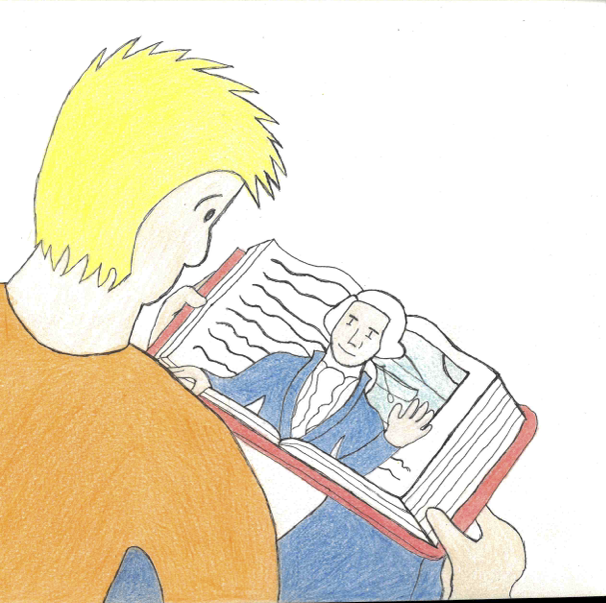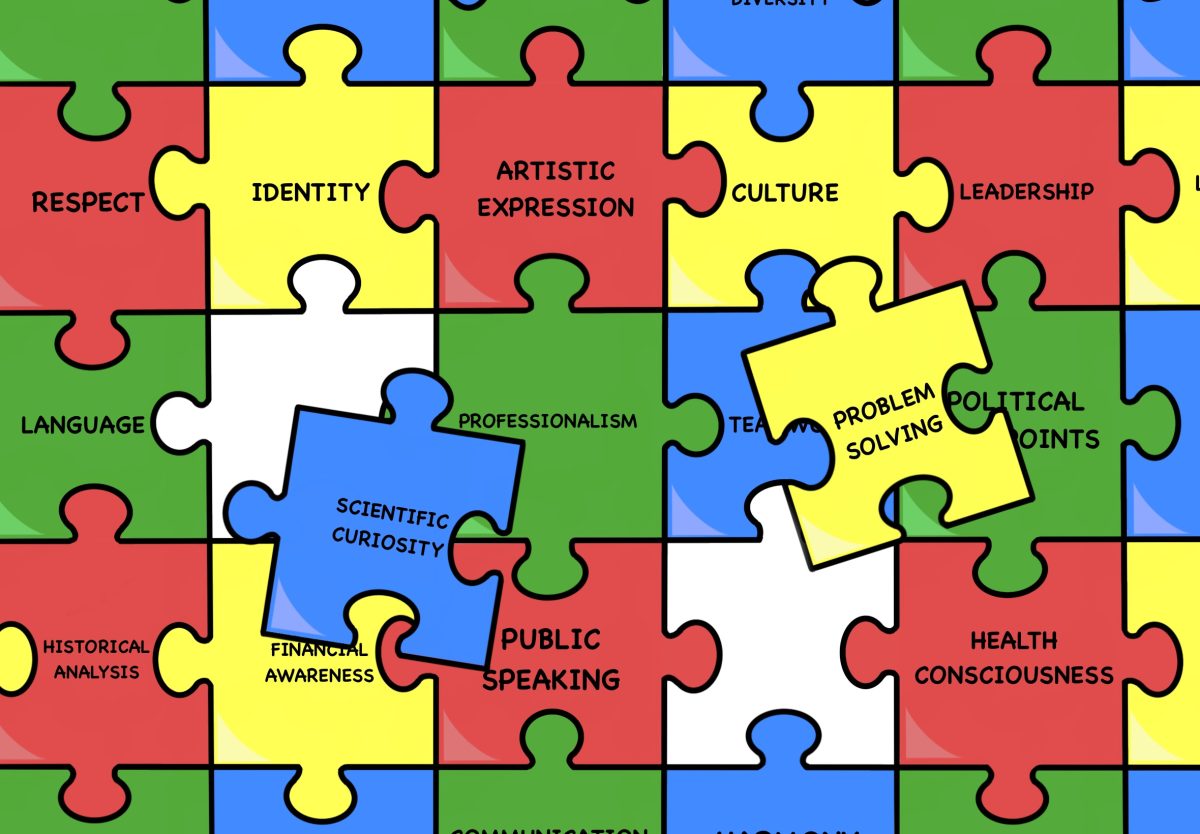It’s that optimistic time of year when the pitchers and catchers report for spring training. Baseball season is returning quickly, and with it comes high expectations, a love of the pastoral, and well-deserved nostalgia.
Unfortunately, in the Major Leagues, fear of steroid use has become as much a part of the game as the seventh-inning stretch. This is a useful example of our aversion of fact in the face of narrative.
The proof of steroid use is, according to the sportswriters, in a sudden surge of home run hitting that began in the early ‘90s and been corroborated with some famous testimonies. Cheating defiled the values of the American Pastime
This narrative is not noteworthy in itself; sports columnists have been making morality tales and dialectics out of athletics since the nascence of the sports section. However, what is noteworthy is that few question their contentions, which utterly defy physics and our knowledge of the human body.
Every kid who ever makes it past tee-ball knows that power is generated by opening up the hips during the swing; swinging with one’s arms utterly saps power. A player who has a strong abdomen and a solid base will probably have more power than one who has massive arms.
Meanwhile, studies have shown that steroid use beefs up muscles in the arms and chest, which don’t affect power hitting, with little to no effect on torso and leg muscles, which do. I am also totally unaware of any steroid which improves hand-eye coordination.
You can put the two together: steroids don’t have an effect on the parts of the body which actually dictate power.
Sabermetricians (baseball thinkers who subscribe to new or previously undervalued statistics as truly indicative of a player’s worth) and even people with basic critical thinking skills have put holes in sportswriter-logic. Physicists and mathematicians have blasted columnists for their ignorance of how home runs are made and how the human body works. However, the writers have deceived themselves into false truths derived from baseball lore, and so they push their old narratives strongly, ignoring facts along the way.
Despite all evidence to the contrary, they cling to the old statistics, which inefficiently measure a player’s true value. And they believe that the athlete has an ethical responsibility to his fans.
It’s a sample of a sad human desire to keep hold of mythos while denying understanding. Sportswriters today are the spiritual descendants of the men who tried Galileo Galilei for saying that the Earth went around the Sun, those who brought John Scopes into court for teaching evolution in his classroom, or the politicians who perpetuated the missile gap during the Cold War.
Facts are unfortunate roadblocks when there’s a story to push, there’s a narrative to uphold, there’s a mythos to shroud.
The Human Genome Project says that our genetic diversity had to have come from roughly 10,000 human beings, while Darwin and Gould laid out a theory—not a hypothesis—of evolution. But the story tells us humans were magicked into existence from one couple. The Soviets never had as many nukes as we did (though both nations already had enough to end all human life many times over). But the narrative, fed to us by our government and our free press, starred a hulking Communist bear that was ready to destroy the planet. And while clutch-hitting has been by-and-large proven a figment of the imagination, we still believe in this story of one-on-one combat, a titanic battle of wills between Pitcher and Batter.
The funny thing is, there are still appropriate settings for embracing the unquantifiable and the esoteric.
There was a paragraph in my high school Physics textbook that, in summary, said that science answers “How?” and religion answers “Why?” Or, as Galileo put it, the Bible tells us how to go to Heaven, not the way the heavens go. There’s no more need to throw out Genesis than there is to forget “Hub Fans Bid Kid Adieu,” but to read either text and ask “How?” is to ask a question which yields unrewarding, illogical, and ultimately incorrect answers.
We have a limited understanding of the natural world, but we know that evolution is how different species of organisms came into being. We don’t know everything about baseball, but we know that steroids like human growth hormone or androstenedione don’t make people hit home runs. Let’s not waste more time ignoring facts because it’s more comfortable to do so, or asking the wrong questions because we don’t know any better; embrace proven truths and ask the questions that will engender productive answers.
































